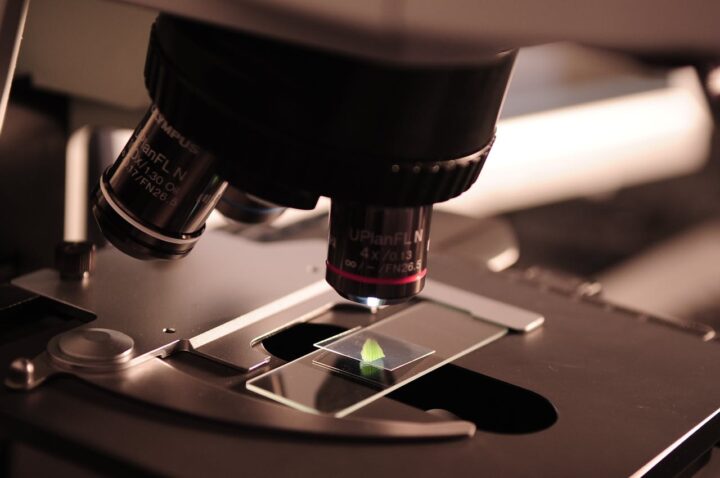Assays play a critical role in scientific research, serving as investigative procedures that measure the presence, amount, or functional activity of a target entity, which can be a drug, a biochemical substance, or a cell in an organism. The data obtained from assays are crucial for diagnosing diseases, monitoring patients’ health, understanding disease mechanisms, and developing new medications. This article delves into the different types of assays used across various fields of biological and chemical research, outlining their purposes, methodologies, and applications.
Biochemical Assays
Enzyme-linked Immunosorbent Assay (ELISA)
One of the most widely used assays in biochemistry and immunology, the ELISA, is utilized to detect and quantify substances such as peptides, proteins, antibodies, and hormones. In an ELISA, the target antigen is immobilized on a solid surface, and a specific antibody linked to an enzyme is applied so that it binds the antigen. The detection occurs via a substrate that the enzyme converts to a detectable signal, often a color change, allowing for quantification.
Radioimmunoassay (RIA)
Developed in the 1950s, RIA is a highly sensitive technique used to measure concentrations of antigens (for example, hormone levels in blood) without the need to purify the antigen from a complex mixture. It uses antibodies to bind specifically to the target antigen, along with a radioactively-labeled version of the antigen. By measuring the radioactivity, one can infer the amount of antigen in the sample.
Cell-based Assays
Cytotoxicity Assays
These assays are vital in drug development and toxicology studies as they evaluate the effect of substances on cell health and viability. Cytotoxicity assays can determine how a compound affects the survival of cells, often using colorimetric end points to indicate cell viability based on metabolic activity or membrane integrity.
Reporter Gene Assays
Used extensively in molecular biology and genetics, reporter gene assays are designed to study gene expression and regulation within cells. A reporter gene, which produces a detectable product, is linked to a regulatory sequence of another gene of interest. The activity of the reporter gene, induced by the activation of the target gene, can then be quantified, offering insights into gene expression mechanisms.
Immunological Assays
Western Blot
The Western blot is an essential tool for detecting specific proteins in a sample. The process involves separating proteins by gel electrophoresis, transferring them to a membrane (blotting), and then probing the membrane with antibodies specific to the target protein. The presence of the target protein is then visualized through various detection methods, providing qualitative and quantitative data.
Flow Cytometry
This technique allows the analysis of physical and chemical characteristics of cells or particles as they flow in a fluid stream through a beam of light. The properties measured include cell size, cell granularity, and the presence of cell surface antigens. Flow cytometry is extensively used in clinical and research settings for a variety of applications, including immunophenotyping, cell sorting, and assessing cell health.
Molecular Assays
Polymerase Chain Reaction (PCR)
PCR is a powerful technique used to amplify minute quantities of DNA, enabling detailed analysis and study of genetic material. This method has revolutionized genetics, allowing for the rapid and precise analysis of DNA sequences, aiding in diagnostics, forensic analysis, and biological research.
Real-Time PCR (qPCR)
An advancement of traditional PCR, qPCR allows for the quantification of DNA in real time, providing both qualitative and quantitative data. This technique is pivotal in gene expression studies, pathogen detection, and genetic variation analysis, offering high sensitivity and specificity.
Conclusion
The diversity of assays available to researchers is a testament to the advancements in scientific methodologies, each tailored to specific research needs and objectives. Whether it’s understanding cellular processes, detecting a disease marker in a patient sample, or screening potential drug candidates, assays are indispensable tools in the scientific toolkit. By selecting the appropriate assay type, researchers can obtain reliable, accurate data that drive discoveries and enhance our understanding of the biological and chemical world. As technology advances, so too will the sophistication and capabilities of assay methodologies, expanding the horizons of scientific research and its applications in healthcare, industry, and beyond.


